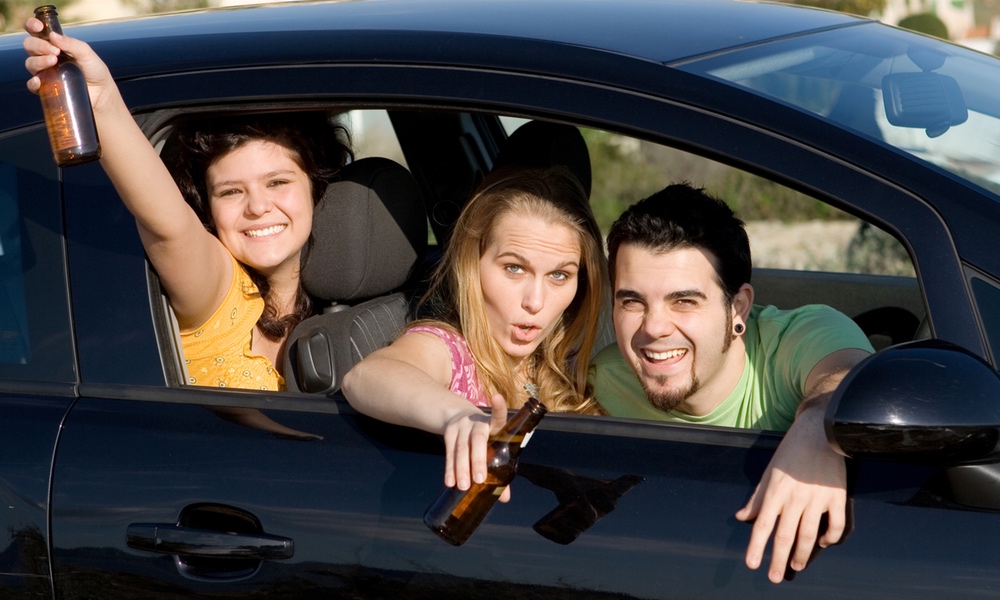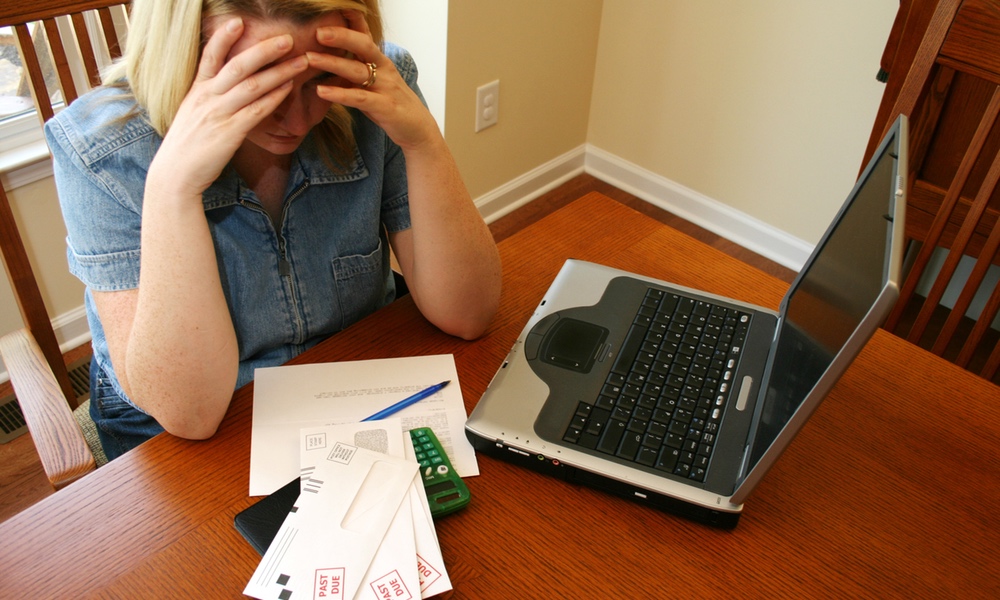Optimism is usually a good thing. It builds resilience and is a buffer against depression. But one type of optimism can be dangerous and a threat to your health.
If you have never had an automobile accident, or not had one in years, you are likely to believe that others are far more likely to have a wreck than you are. This sort of calculation, that a negative event which has not happened to us so far is unlikely to happen to us in the future, is known as comparative optimism, and it is one reason why some people have decided they no longer need to follow the recommended precautions regarding the novel coronavirus.
“Comparative optimism is a well-established concept in health risk research, where people believe negative events are more likely to happen to others than themselves.” Koula Asimakopoulou, lead author of a new British study, said in a statement. “Most people of all genders and ages show comparative optimism for a wide variety of risks, including many health hazards.”“Thinking that COVID has not happened to you so far, so it is unlikely to happen to you now, can be even more dangerous than it was earlier in the spring.”
That is what health psychologists and sociologists from King's College London found when they surveyed nearly 650 adults in the United Kingdom using anonymous surveys and online sampling through social media.
Most respondents believed that, compared to others, they were unlikely to be at risk of being infected by COVID-19. This attitude could mean there is even less compliance with a new round of regulations as countries that have seen infection rates rise prepare to lockdown again.
The success of the lockdowns, like the success of the health protocols, has meant people are more likely to be optimistic about their chances of getting sick. As researcher Sasha Scrambler, a Senior Lecturer in Sociology at King's College London, put it, “[G]reater perceived controllability of an event enhances the likelihood of greater comparative optimism.”
“The implication for potentially walking into a second lockdown is that where people's experience so far may be that they have not been ill with COVID,” said Asimakopoulou, a reader in Health Psychology at King's College London, “they are likely to be even more comparatively optimistic than they were in March. Thinking that COVID has not happened to you so far so it is unlikely to happen to you now, can be even more dangerous than it was earlier in the spring.”
One thing may convince them to be more cautious rather than less — the spikes in new cases that are currently being seen in the U.S. and many European countries.
The study is published in Health Expectations.





